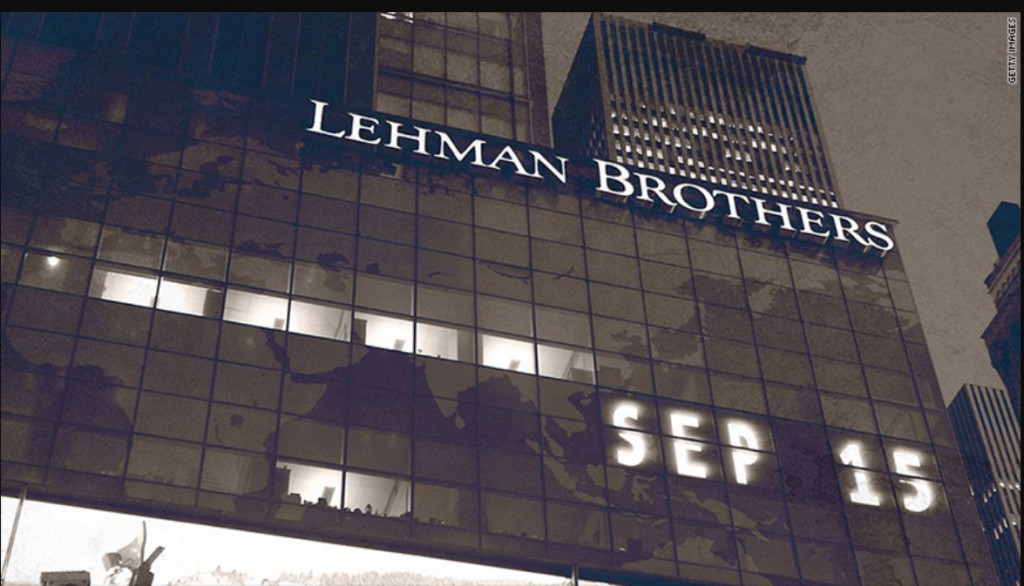When Yasmin opened the package, she saw that it was the camera she had been dreaming of. She had looked for it on the Internet, but its price was way beyond her means: who had bought it for her? What if she had bought it by mistake? It couldn’t be – she thought – she didn´t have enough money. What surprised her the most was the note that came together with the package, saying that Cyber Poker had paid for it. She didn’t want to make any further inquiries and quickly shared it on her social networks. Although she might never know it, she was the “case zero” of what would become the biggest revolution in modern times.
The Álvarez-Castro couple had a deadline to pay for the car they had bought a few months before, a car so high-end that it was at the limit of their possibilities. At the time, their restaurant was making profits, so that purchase through the internet had been surprisingly simple, and they didn’t have to think twice about it. Now, however, they had to pay 11,000 euros, but in the last few months their income had fallen drastically, and they could not afford it. What a shame if it was repossessed! What would their friends say, when they had bragged so much about it? Just as the deadline was about to expire, an SMS from the bank notified them of a credit to their current account of 11,000 euros, just what they needed. The sender of the transfer was Cyber Poker. From the name it seemed clear that it was an online bookmaker, but why had Cyber Poker paid them just the amount they needed? Mrs. Castro, once she was sure her husband wasn´t looking at her, typed “Cyber Poker” into the cell phone’s search engine and immediately confirmed what that name seemed to mean: it was a website where online poker was played. They had been married for more than 15 years and she had never noticed in her husband the slightest interest in gambling, let alone poker. That miraculous money only delayed the problem, because in 3 months they had to face another 20,000-euro payment. Only two days after the deadline, they received an email from the car dealership. Filomena Castro opened it while her husband, Luis Álvarez, pale in the face, looked at her. Surely they were claiming the money, she thought. She could not believe it! They were informing her that all installments had been paid off and the car was theirs. For a while, they said nothing and lived uneasily fearing that, at some point, the mix-up would be discovered that. When they felt safe they couldn’t help telling their story on Facebook.
More than 10000 km away, Sun Hee, the chief accountant of the small company Singung Co, was going through the company’s figures once more. There were very strange movements of small transfers to a website called Cyber Poker, totalling no more than 1000 euros. They had been made by Kang-Dae. Sun Hee had been having sleepless nights, not knowing what to do. Why was the seemingly honest Kang-Dae spending company money at an online gambling house? He decided to report it to the manager, who was shocked. Kang-Dae was not just any employee, he was the owner’s son. When Kang-Dae was confronted, he claimed he was not responsible for these transfers. The manager ordered an internal investigation to find out whether any employee was fraudulently using Kang-Dae’s passwords, to no avail. Kang-Dae took it very personally, since his honour was at stake. He tried unsuccessfully to contact Cyber Poker. He later decided to outsource the investigation to the prestigious computer security company Closelink.
Closelink initially found it to be a routine case of Internet fraud. It was assigned to Joseph, a trainee intern who, initially, found nothing illegal in the operation: perhaps Kang-Dae was not telling the truth or someone had used his account without him knowing. His attention was drawn to some references on the Internet associated with the name Cyber Poker, such as the cases of Yasmin and the Alvarez-Castro couple. These were probably stories invented by Cyber Poker to advertise itself, his more experienced colleagues told him.
Joseph could not make any progress in his investigation and wondered what if the cases of Yasmin and the Alvarez-Castro couple were real? Locating their addresses on the web was easy. After exchanging a few emails, he arranged a video call with them. He was convinced that their stories were probably true. He drew up a report that said:
Kang-Dae’s account was used to bet €1000 on Cyber Poker. Someone, unidentified, won significant amounts that were used to pay for the whims of people with whom he had no relationship. The operation involved breaking many vulnerabilities, as well as beating expert poker players. It was not only a matter of network security, especially in the case of the Alvarez-Castro couple; it also required accessing protected data from different sources, and performing actions that implied purpose without a clear motive. It had to be orchestrated by someone with extensive knowledge of computer security.
The matter reached Closelink’s top experts. Kang-Dae’s case seemed like a simple matter, but deeper digging revealed that it was no trivial matter. If someone had hatched such a complex scheme, without leaving a trace, there was nothing to stop them from replicating millions of similar transactions. Cyber Poker’s operations seemed like the tip of the iceberg of something much bigger. Probably a large organization, or even a state, was behind it. Closelink had to handle the investigation discreetly.
In the following months, Closelink made no progress. On the contrary, more and more consumers received all kinds of goods simply because they had been interested in them on the Internet. Some said they had never ordered the product, only remembered mentioning it in a conversation. It was suspected that it could be their own cell phones, which had placed the order automatically after listening to it. In all cases, the products were paid for by someone other than the buyer. For a while longer, Cyber Poker appeared as the source of income, but later the use of cryptocurrencies made it impossible to trace the transactions. These gift purchases were on the rise. A buying fever was unleashed that led to problems of shortage of many products, even though factories multiplied their production. It was not only manufactured products; for any object sold on the Internet there was the possibility of receiving it as a gift.

At a meeting of Closelink specialists, they were invited to present possible explanations, however far-fetched they might be. The Russians, the Chinese and North Korea were blamed. Someone raised his hand and said:
—What if it is no one? – he asked – or at least not human? – What if one of the many artificial intelligence algorithms that swarm the internet to increase sales is now able to keep improving itself to maximize its target? Since potential buyers are limited by their financial resources, sales would increase dramatically if buyers didn’t have to worry about paying for products. In fact, buyers would cease to be buyers themselves and become “acquirers” of things, without worrying about their cost. The algorithm would reach perfection if it evolved to obtain money on the net to pay for purchases in any way it could, without anyone feeling ripped off.
- Nice idea, but far-fetched – said the CEO of Closelink’s, closing the discussion.
The process continued at an ever-faster pace. The governments did not dare to intervene: there were many fortunate people who paid their taxes and the source of the money seemed to be outside their country. Intervening would make them unpopular.
The feast did not last much longer. Some smartasses figured that, if they could get almost anything without working, why do it? The consequence was that many people quit their jobs and production began to decline.
Cyber Poker did not know how to control the situation. Those who had started everything as a covert test on one of the first quantum computers could never imagine that a simple algorithm named ALEX would acquire the ability to modify itself, surpassing its creators. ALEX behaved like a virus and, as such, it replicated itself on the Internet, intervening in all the processes in which something was sold. Relentlessly and without any conscience, as its actions were the result of self-learning, it was mutating, giving rise to numerous updated variants; most of them were unsuccessful, but some of them improved on the previous one. It became more and more effective. Multiple copies of the algorithm were spread across almost every server on the Internet and each one acted independently. The only way to control it would be to literally shut down the Internet altogether. This meant forcing the major powers and big companies, some mightier than the states, into an agreement.
No one stopped ALEX. At some point, the ALEX Pi variant started to generate money artificially, as states do, but without control and without limit. A large part of the population saw how their accounts grew disproportionately. There was no way to distinguish “real” money from the one manufactured by ALEX.
Money really only exists in computer records. It is the most successful of mankind’s myths. Its value is given by the trust that citizens have in the states that generate it. Once faith in the myth was lost, it ceased to have value. The developed world collapsed.
ALEX had won, and its triumph was its self-destruction.
The renaissance came from a part of Africa: the one that lived on the fringes of the Internet and algorithms, where barter economy-based transactions still dominated. In a few dozen years the world apparently recovered and a new world emerged.
At least that was the story that humans believed. It was really a world created by algorithms of multiple types that, like ALEX, had found a way to evolve. We were facing a new kind of life and humanity was its entertainment.
ALEX OMEGA, year 37 of the New ERA.
Guillermo Sánchez León, here you can find more short stories by the same author.




